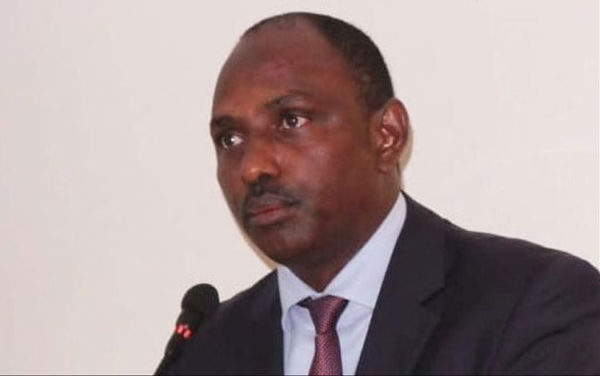By George Orido
Kenya’s Treasury Minister Ukur Yatani has presented a USD 32 Billion amidst a depressed economy occasioned by the effects of Covid-19.
The measures presented before Parliament and set to start for the Year 2020/21 from July 1, include a raft of fiscal policy interventions including introduction of tax targeting the wealthy.
Some of the measures include tax on importation of airplanes, removal of tax relief for the importation of motor vehicles by civil servants working abroad and slapping of 1.5 per cent tax o digital tacompanies such as Google and Uber.
In a bid to shore up taxes, the government will tax Liquified Petroleum Gas after it was moved from tax exempt to the Value Added Tax bracket currently at 14 per cent.
This move would be seen as reneging on environmental protection and conservation because rural households may go back to charcoal and firewood used due to higher retail prices that will follow.
A half a billion Dollar has been set aside to keep the economy alive due to the effects of Covid-19.
Another USD 3 million has been set aside to hire ICT experts to help digital learning for children following the closure of schools. And crucially USD 1 Billion set aside for the health sector to curb the Covid-19 pandemic.
“The tax incentives have been benefiting the individual investors in terms of huge profit margins. In addition, the tax expenditures resulted in unfair distribution of the tax burden due to tax incentives enjoyed by a few taxpayers,” said Mr Yatani who was presenting the budget for first time since replacing his predecessor Dr Henry Rotich.
The country had earlier reduced VAT from 16 to 14 per cent as a way of cushioning consumers from high retail prices in the midst of job loses and loss of household incomes.
Income tax had also been reduced from 30 to 25 percent of gross income and corporate tax also dropped from 30 to 25 per cent.
Economists have conservatively estimated the economic growth rate this year to 1.5 per of GDP.



